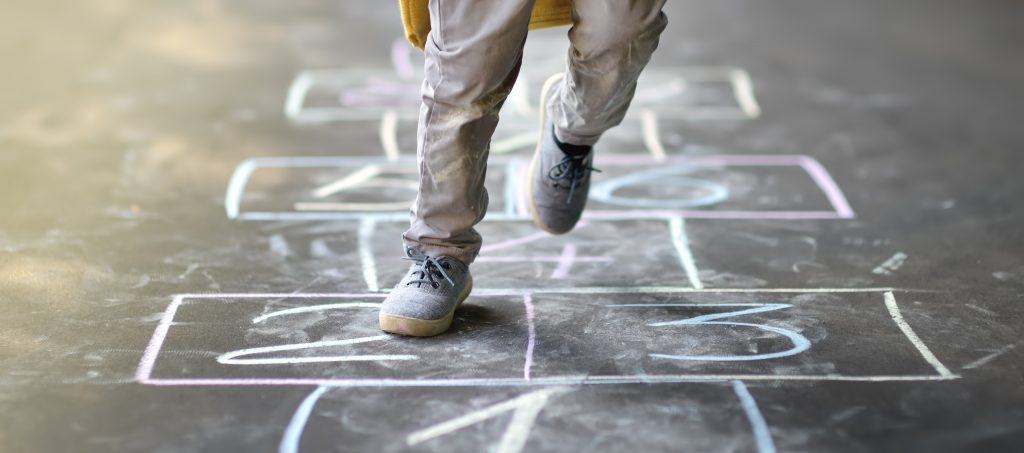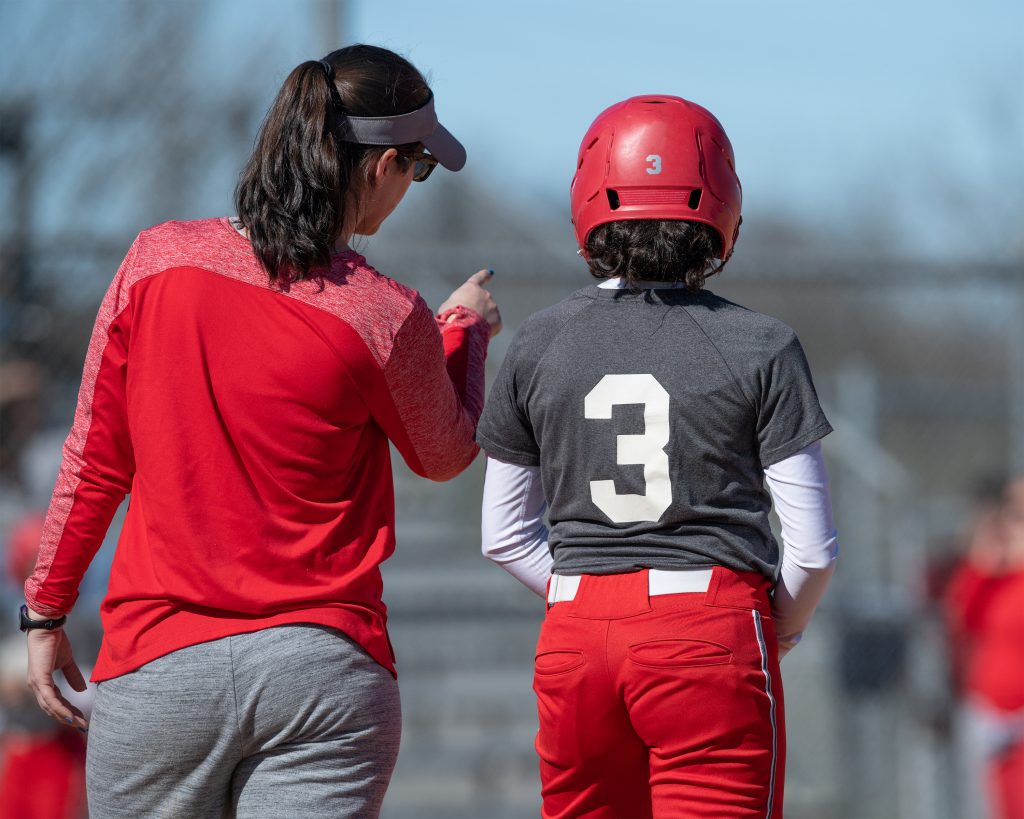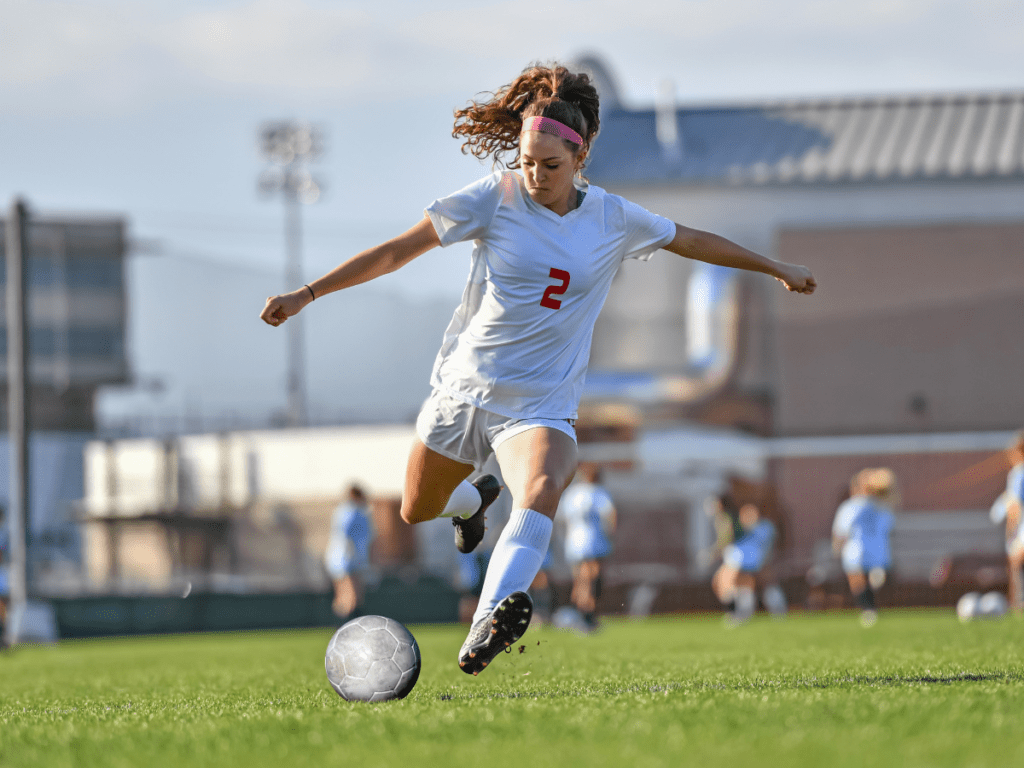Trauma-Sensitive Lens
Public health protocols, family stress, and social isolation can be challenging for children and youth. Provide one-on-one support for overwhelmed athletes or program participants by helping them stabilize, explore their experience, and supporting their return to play.
Yoga and Health
A new study found yoga improves symptoms of generalized anxiety disorder, a condition characterized by chronic nervousness and worry. According to the study’s lead author, “This study suggests that at least short-term there is significant value for people with generalized anxiety disorder to give yoga a try to see if it works for them. Yoga…
Back to School Stress
For parents/guardians and children, levels of anxiety and stress surrounding back to school plans may be high. Researchers from the University of Calgary recommend honest and open discussions and the use of the “name-it-to-tame-it” strategy to support a positive back to school transition.
Bringing a Trauma-Sensitive Focus into Children’s Active Play

It’s September – a traditional time of transition. This year, because of the COVID-19 pandemic, children are confronting significant change and uncertainty. Children are at elevated risks of negative physical and mental health consequences for several reasons (Chanchlani et al., 2020). First, school, daycare, and community programming closures in March 2020 resulted in potential loss…
Match Fixing Risks for Athletes
Athletes can be victimized by match fixers who exploit their vulnerabilities and then compel them to go along with a fix for fear of being exposed for doing something wrong. Seemingly innocuous favours, such as an upgraded phone, quick access to medical services, or financial assistance, can later be used as leverage. In such situations,…
The Psychological Implications of Returning to Sport Post-Isolation

As public health restrictions begin to lift across the country, the return to some form of sport participation will require adjustment and adaptation. As athletes return to sport, the virus is still present, and so is the uncertainty. The cancellation of sport events and the imposition of stay-at-home and physical distancing protocols over the last…
Impact of COVID-19 on physical activity
As Canadians retreated to their homes to limit the spread of COVID-19, researchers from the University of the Fraser Valley launched a study to examine how life in lockdown would affect physical activity and wellbeing. Research results show those who became more active during the pandemic reported lower anxiety than those who spent less time in outdoor physical activity;…
Exercise and Resiliency
The COVID-19 pandemic is increasing the risk of experiences of psychological distress and poor mental health. Researchers at McMaster University have shown that 30 minutes of moderate-intensity aerobic exercise three times weekly can boost mood, reduce psychological distress and decrease symptoms of depression and anxiety. Like strengthening a muscle, exercise “tones” the stress system making…
Predictors of excessive exercise in anorexia nervosa

Project Summary The present study was aimed at determining a model that would predict excessive exercise in individuals with anorexia nervosa. This is very important because exercising excessively while underweight, as can be the case in certain forms of sport participation, has been shown to have dangerous health consequences, and has been linked to negative…
Setting Goals
Having trouble getting active? Goals are a great way to stay motivated. Set a physical activity goal and create a detailed plan for when, where, and how you will achieve it. Review your goal on a weekly or bi-weekly basis to celebrate progress, increase the challenge, or adjust expectations (too aspirational? Reset your goal and…